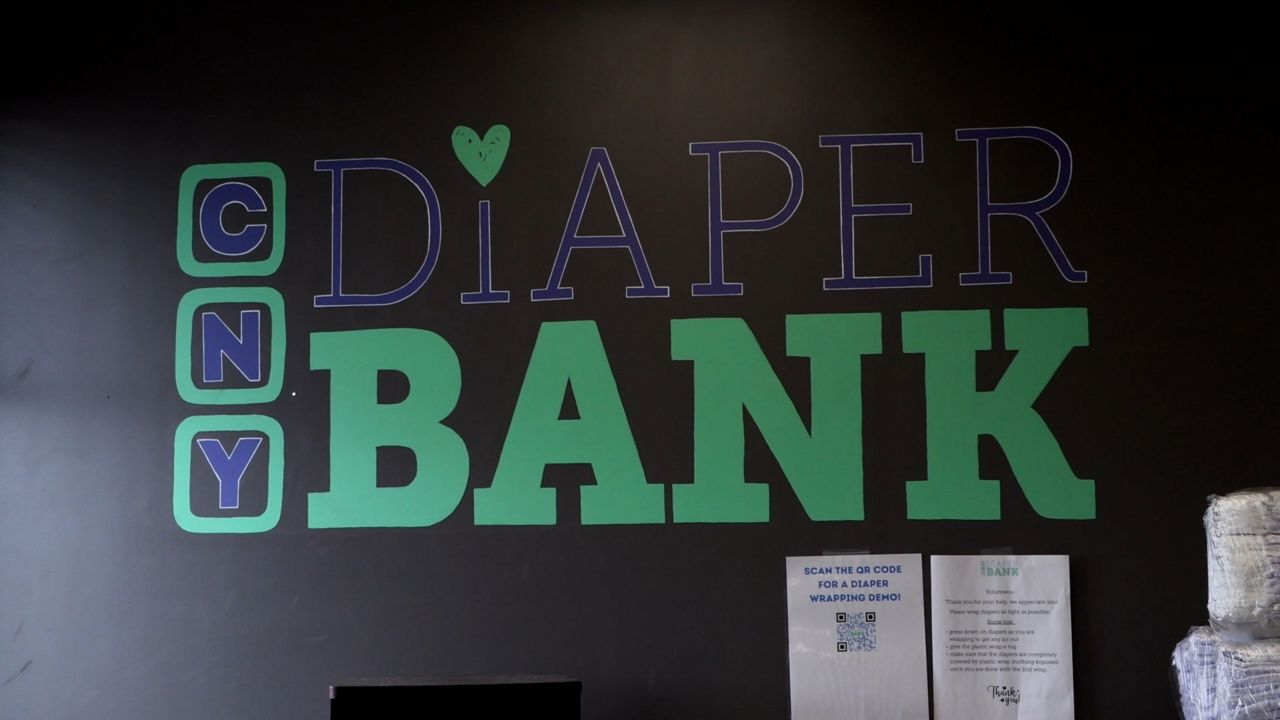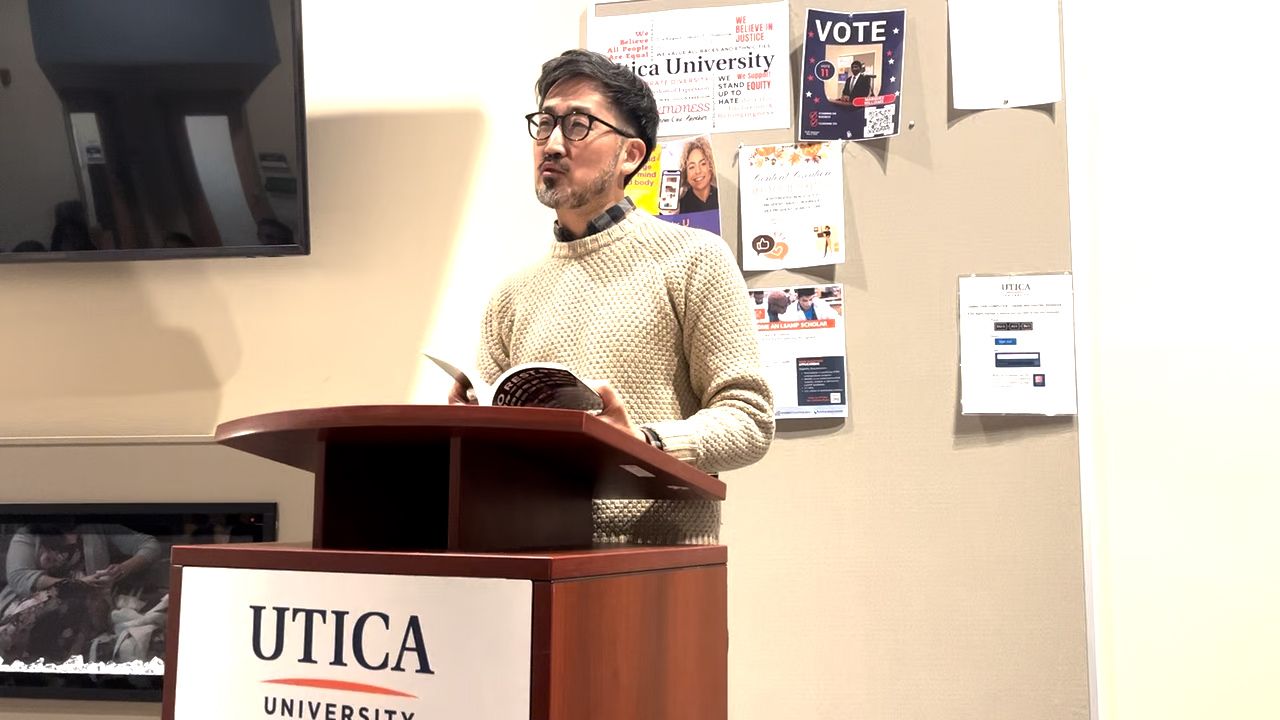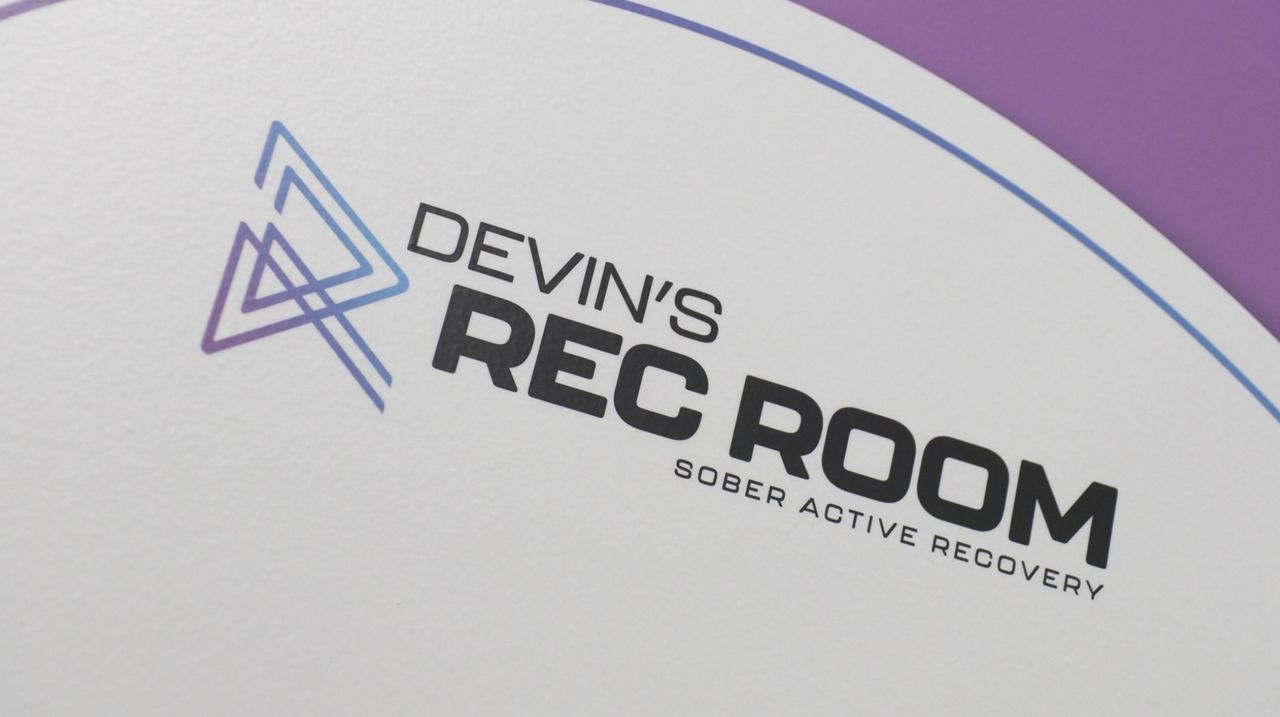The Department of Environmental Conservation is seeing an increase in litter complaints in parks across the state. They are asking park visitors to make a pledge to leave no trace behind.
"You find it here and there and you ask yourself how could people just toss their things on the ground," said park visitor Bernie Peterson. "It would be helpful if there were more trash receptacles.”
Peterson says he makes a point to not leave trash behind. Unfortunately, other visitors aren’t following suit. Likely due to the increase in activity in parks during the pandemic, this year litter has become a bigger problem. Officials with the DEC say just one piece of trash can pose a threat to the environment.
“Whenever we’re introducing trash or a substance that is not natural to the environment, that can have impacts on the ecosystem itself," said NYS Department of Environmental Conservation Public Participant Specialist, Eileen Mowery. "It can also have impacts of wildlife, water quality. Everything is intertwined and interconnected.”
Littering is particularly an issue in the Adirondacks and Catskills. They say fixing the problem is simple: Just carry out what you carry in.
"If you are visiting that place it's because you enjoy it, and you value it, you see the value in that nature experience that you are having. That’s something you should want to share and that’s something everyone should have an opportunity to enjoy. A clean safe nature experience," said Mowery.
Visitors say picking up trash shows respect for the next group of people that come along.
"I think we each have sort of civic duty that if you use the parks, and you should, that’s why we're here. So you shouldn’t junk them up, the same way you shouldn’t throw your things on the street. It’s just not being a good neighbor," said Peterson.










